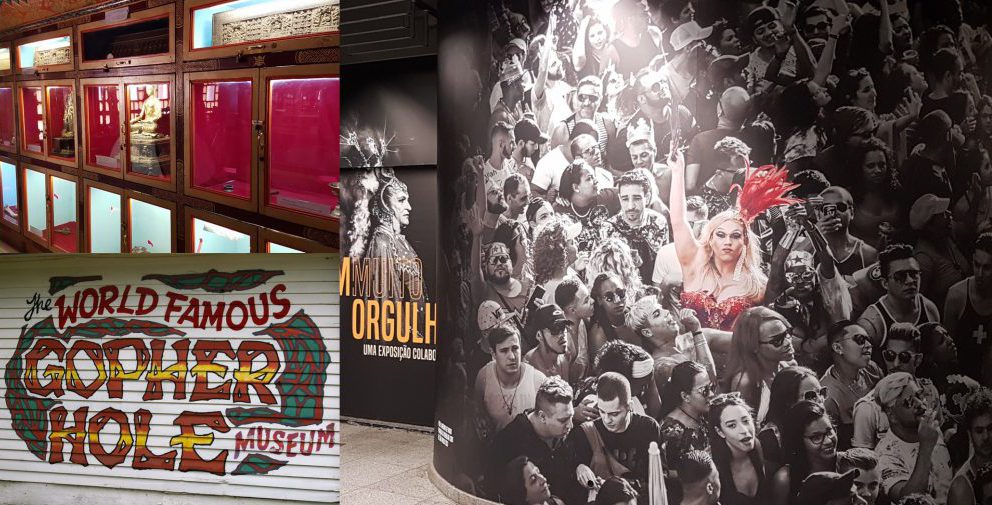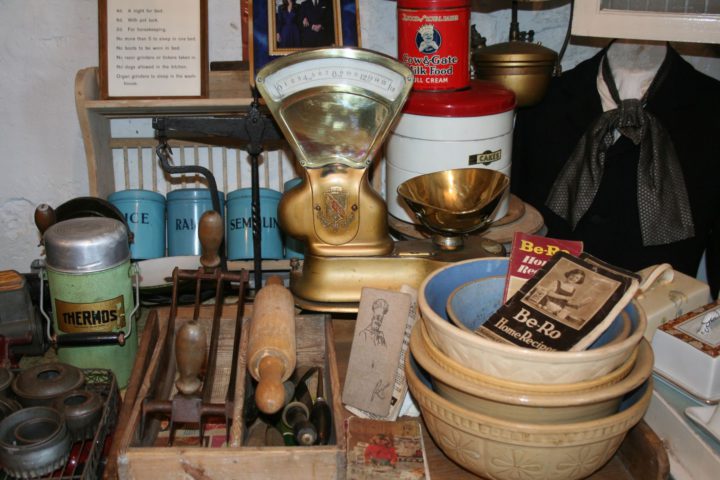In June 2019, the Mapping Museums team ran a half-day symposium, where specialists on Brazilian, British, Canadian, and Tibetan museums talked about museums of taxidermied gophers, the importance of place, alternative histories, and the factors underpinning the expansion of the museum sector, among other topics. If you missed the event you can now watch those lectures online (click the links under each title to view the video).
From Gophers to Fear and Wonder: Studying the Small Town and Rural Museums in Alberta
Lianne McTavish
https://birkbeck.hosted.panopto.com/Panopto/Pages/Embed.aspx?id=6e1c5d6d-36b2-425a-bb54-aa9600c53d60
Community museums of the 21st century in Brazil: local experiences for a global reflection
Bruno Brulon Soares
https://birkbeck.hosted.panopto.com/Panopto/Pages/Viewer.aspx?id=21fb1d2f-6dd5-4389-ace6-aa7a00ae68ca
Abstracts
Lianne McTavish
In 2013, I received funding to visit and analyze the small town and rural museums in Alberta, a province in western Canada. My research assistant (Misa Nikolic) and I first strove to find and map every museum in the province, a difficult task that eventually revealed 315 organizations. We then visited, photographed, and documented over 71% of those museums, highlighting the small and officially “unrecognized” museums in remote locations. My talk describes the challenges we faced, the adventures we had, and the lessons we learned during this process, highlighting such themes as automobility, resource extraction, and Indigenous cultures.
Bruno Brulon Soares
Community museums have transformed contemporary museum practice. In management their own museums, members of communities who are not experts or museum professionals have been able to represent themselves, and to work together to transform their social environment and lived realities. This presentation takes the Museum of Removals in Rio de Janeiro and the Museum of Sexual Diversity in São Paulo as examples of small community museums that have been actively used as political devices.


